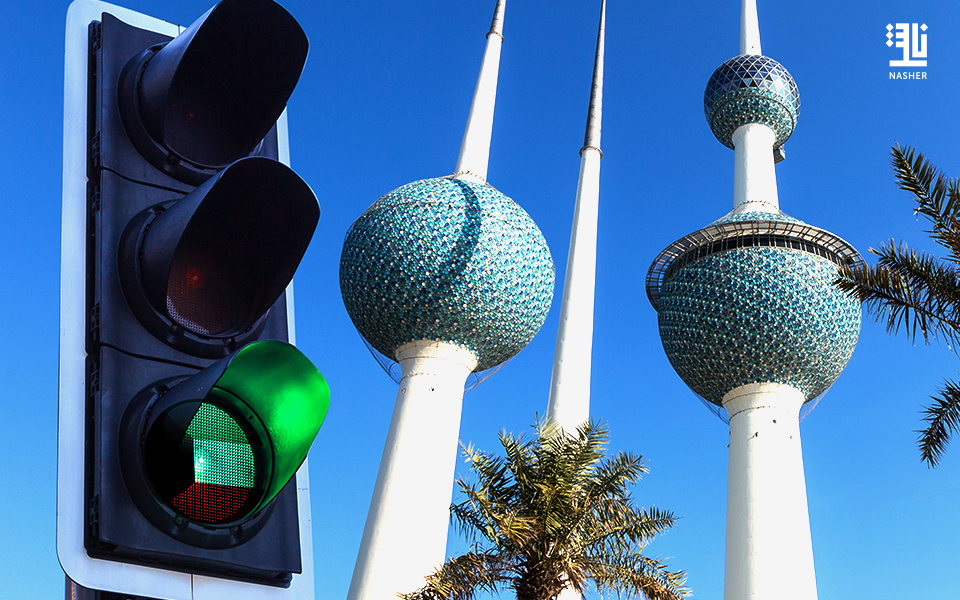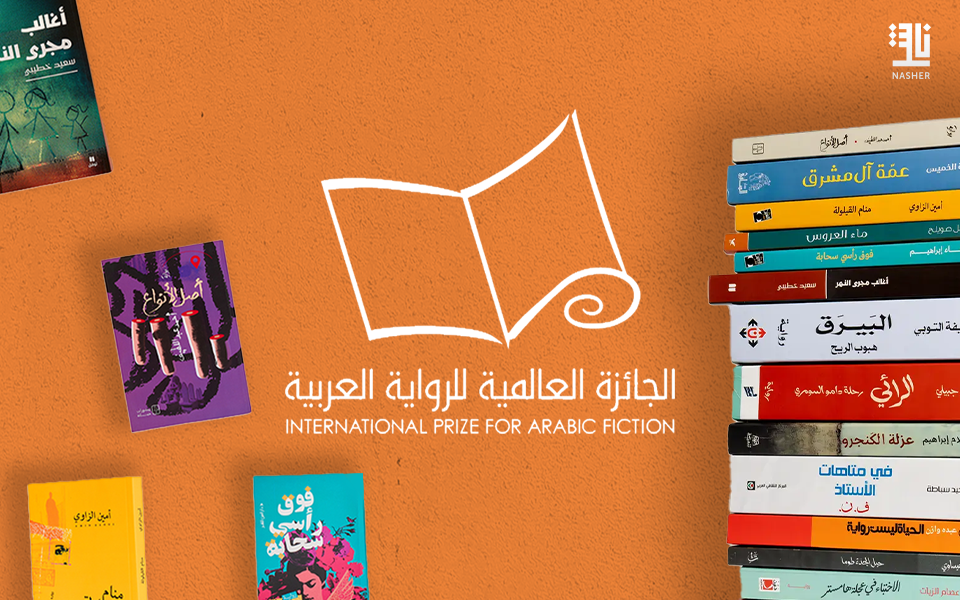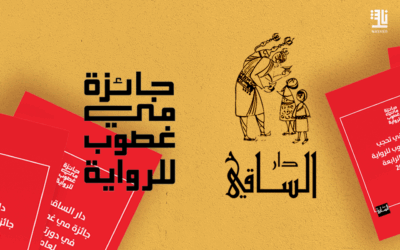The international publishing community has welcomed the decision by Kuwait’s National Assembly to amend the law on media and publications that previously required all books to receive prior approval from a committee before release. The new rules apply to both local and imported books and put an end to the mandate of the Kuwaiti book censorship committee.
The ruling means that although importers will still be required to provide a list of authors and titles to the Ministry of Information, they will not have to submit the books to a committee and wait approval. According to the Kuwait government news agency, The importer, alone, bears the sole legal responsibility for the ideas and opinions expressed in the publication…’ Any challenge to the publication of a book must now be made in a court of law.
The decision has been welcomed by the International Publishers Association (IPA) and activists in Kuwait. Kristenn Einarsson, chair of the IPA’s Freedom to Publish Committee, said: “Congratulations to those in Kuwait who have successfully encourage this change in favour of freedom to publish. This is an important step forward and I hope that more positive changes will follow.”
Kuwaiti writer Layla AlAmmar, whose debut novel The Pact we Made is published by HarperCollins in the UK, is among writers, booksellers and activists who have welcomed the decision. She tweeted: ‘What the law means is that banning will no longer be the default position whereby…the author has to go to court, at great personal expense, to get [the book] unbanned. Instead, the person who wants it banned would have to go to court for a ruling.’
Alamar wrote a strong piece in ArabLit in 2018 in which she estimated that nearly 4,400 books had been banned since 2013. ‘Thee arbitrary nature of the bans is plain for all to see,’ she said. ‘Elif Shafak’s Forty Rules of Love is banned in Arabic but allowed in English, as though no Kuwaitis can or would read books in English. Individual words which the censor finds offensive, like ‘breast’ or ‘thigh’ have resulted in bans. One publisher’s edition of Orwell’s 1984 is banned while an edition by a different publisher is allowed. Award-winning books and writers have been banned, as though this small-minded committee knows the value of literature better than the judging panels of international literary prizes.’
This month ArabLit quoted novelist Khonaini saying: “What happened today is a very small step in a much longer journey.” Part of that much longer journey is alluded to by AlAmmar who asks: “What happens with the 4500-plus books that are already banned? Do they remain so [or are they] automatically lifted?”







